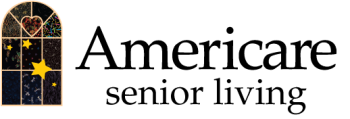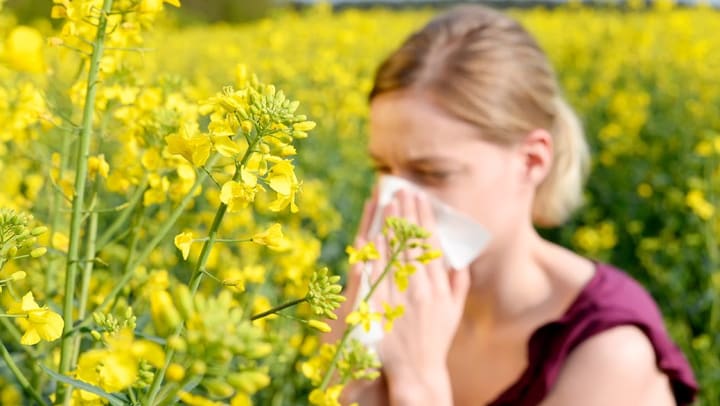After a cold winter, we’re all excited to see and feel the warm sunshine again. But with the weather, along comes allergy season. For many, Spring is the worst time for experiencing severe allergies and while there are over-the-counter medications, physicians often encourage seniors to avoid using antihistamines because they can increase blood pressure and interfere with other medications. With allergy season approaching for many, we explore alternatives to minimizing and preventing allergy symptoms:
1. Avoid peak pollen times
At different times of the day, pollen count varies. Monitor when pollen is at its peak and plan your schedule around then; activities that are outdoors, like running errands or a walk, for times when pollen is predicted to be low. The Weather Channel and pollen.com are great resources, as well as your local weather station.
2. Windows closed
Spring is often a time we want to let the fresh air in, after being cooped up all winter, it’s only natural for us to want to let the warm air in. It’s best to avoid this if one is struggling with allergies so as to keep the pollen out of one’s home. Use fans and air conditioning during peak pollen season to keep allergies at bay.
3. Think twice about using the clothes line
The warm, fresh air of Spring compels a lot of seniors to wash clothes and hang them outdoors to dry. If you are dealing with allergies, try to avoid this and continue using the dryer. As the clothes sit outside to dry, they collect all of that pollen and dust floating around in the air, therefore, you will end up wearing them and bringing them inside with all the rest of your clothes.
4. Cover up
For those who deal with pretty serious allergic reactions to pollen, wearing long sleeves, hats, and sunglasses will help prevent the pollen from getting to a place where it can really affect us. For added support, remove the clothes worn outdoors in the garage, entryway, or laundry room so it doesn’t make its way into the house. Wash clothes immediately after wearing to prevent further spreading.
5. Prevention from the kitchen
There is some evidence that incorporating the right foods into our daily diet will help relieve allergy symptoms. Foods like onion, peppers, sunflower seeds, bananas, and pineapple are just a few examples. Food high in probiotics, like Kefir, or a probiotic supplement also support in minimizing allergy symptoms.
Apple Cider Vinegar has also been found to be a natural allergy remedy; reducing mucus production and cleansing the lymphatic system. One tablespoon each day might help prevent the onset of your symptoms.
6. Get moving
Going for a walk or doing some sort of moderate to intense physical activity for just 30 minutes has been found to reduce the symptoms of allergies. Not only do you get the blood flowing, exercise induces anti-inflammatory responses in the body, which could very well relieve the inflammation one may experience in their nasal passages.
It’s important to remember that being outside can increase your allergy symptoms. Choose a walk at low pollen hours, or enjoy the exercise indoors.
If you’ve given these natural options a try and still experience severe allergy symptoms, contact your primary care physician for an appointment.




